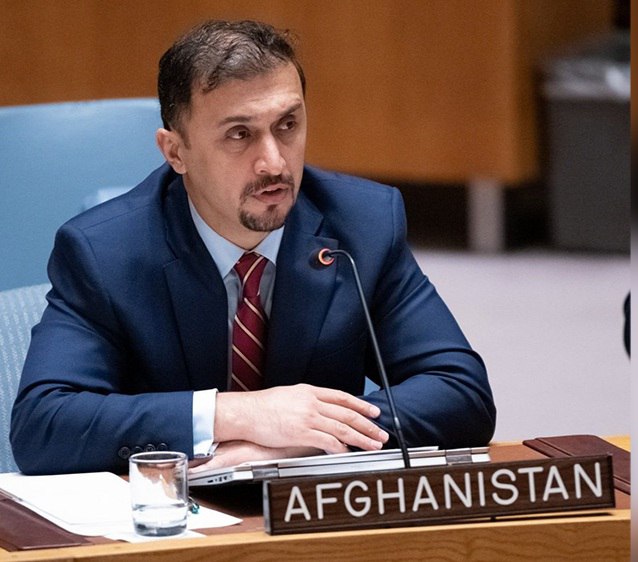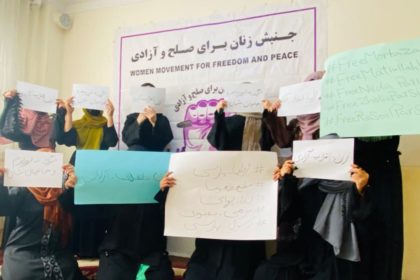RASC News Agency: During a recent meeting of the Human, Social, and Cultural Affairs Committee of the United Nations General Assembly, Nasir Ahmad Faiq, the leader of Afghanistan’s delegation to the United Nations, delivered a statement highlighting the current state of human rights in Afghanistan under Taliban rule.
Faiq expressed deep concern regarding the multifaceted challenges faced in this matter. He further elucidated the precarious situation of human rights in Afghanistan, which is constantly threatened by complex and multidimensional social, economic, political, and security issues. This state of affairs is profoundly disconcerting, necessitating urgent attention and decisive action to safeguard and promote human rights in Afghanistan.
Faiq emphasized the grave infringement upon human rights in Afghanistan, which has had detrimental consequences on the physical and mental well-being of individuals affected by the prolonged conflict spanning over four decades. Of particular concern is the blatant violation of fundamental rights and freedoms endured by Afghanistani women and girls, who are subjected to systematic discrimination and escalating gender-based restrictions imposed by the Taliban regime. These oppressive measures have effectively curtailed their access to education, employment, and social participation.
Furthermore, Faiq shed light on the tyrannical rule of the Taliban, fostering an environment of terror, gender-based harassment, and discrimination, akin to a form of “gender apartheid.” The justice system in Afghanistan is severely limited, leaving women and girls who experience violence and forced marriages without access to legal recourse.
Additionally, Faiq drew attention to the heightened vulnerability and isolation experienced by ethnic and religious minorities, including Hazaras, Sikhs, and Sufis, under the oppressive Taliban regime. These marginalized groups have faced increased persecution and marginalization.
In conclusion, Faiq’s remarks, delivered on October 18, serve as a stark reminder of the urgent need to address the dire situation of human rights in Afghanistan. The protection and advancement of human rights must be prioritized to ensure the well-being and dignity of all individuals in the country.






